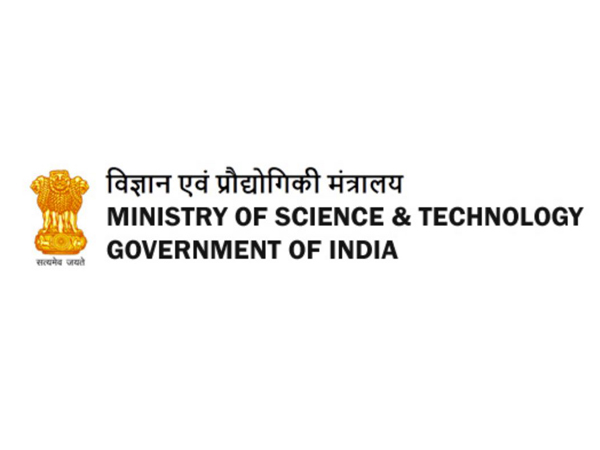Indo-US experts discuss best plans for joint research projects to be implemented through TIHs
Dr Akhilesh Gupta, Senior Adviser, DST informed that a total of 35 joint projects have been identified which will be implemented by the Technology Innovation Hubs (TIHs) and research institutions from USA.

- Country:
- India
Experts from the India and United States interacted to bring out the best plans for joint research projects that would be implemented through the Technology Innovation Hubs (TIH), at DST-NSF Joint Research and Development Projects Kick-off Workshop.
The workshop was organised by IIT Delhi in association with DST to discuss how the projects to be implemented by the six TIHs identified under NM-ICPS for collaborative research and development with NSF-supported institutions would leverage unique resources, such as testbeds and datasets available in India and in the US, expand collaborations on critical technologies like AI and advanced wireless, and encourage student and researcher exchange programs.
Dr Akhilesh Gupta, Senior Adviser, DST informed that a total of 35 joint projects have been identified which will be implemented by the Technology Innovation Hubs (TIHs) and research institutions from USA. “This endeavor will further help us to achieve collaborative research and development between the two countries in the area of CPS,” he added.
US is our natural partner. Especially in science we have traditionally partnered and through collaborative projects the engagement will more deeper at the institution level, government level and even people level,” Dr Gupta pointed out.
Six TIHs under NM-ICPS have been identified for collaborative research and development with NSF-supported institutions. These projects aim at adding the component of international collaboration to existing research projects in both countries. The Hubs are part of a five-year, nearly $430 million investment by DST under the National Mission on Interdisciplinary Cyber-Physical Systems and comprise academic researchers and industry partners.
“US is committed and proud to partner with India for prosperity and opportunity for all. These projects shall be aspirational and should be able to solve the societal problems,” NSF Director Dr. Sethuraman Panchanathan.
Prof. Rangan Banerjee, Director, Indian Institute of Delhi (IIT Delhi) said that this workshop will enable linkages and build up TIH to solve problems of society.
Department of Science and Technology (DST), Government of India, and National Science Foundation (NSF) joined hands for collaborative research and development in Sept 2021 in thematic areas of Agriculture, Autonomous systems technologies and applications, Health and Environment, Rehabilitation and assistive robotics, and Smart cities covering various cyber-physical systems.
DST is implementing National Mission-Interdisciplinary Cyber-Physical Systems (NMICPS) with an outlay of Rs. 3,660.00 crore for a period of five years to encourage innovation in new age technologies. As part of the Mission implementation, 25 Technology Innovation Hubs (TIHs) have been established in reputed institutes across the country in advanced technologies to create a strong foundation and a seamless ecosystem for Cyber-Physical Systems, leading a platform for policymakers, researchers/innovators, premier institutes, start-ups, entrepreneurs, investors, industries and global connect as well.
The workshop was attended by Shri Sanjeev K Varshney, Head, International Corporation, DST; Dr. Ekta Kapoor, Head FFT Division; Dr. JBV Reddy, Scientist F, DST; Dr. Kendra Sharp, Head, Office of International Science and Engineering; Dr. Bridget Turaga, Program Director, O/o International Science & Engineering; Dr. Gurdip Singh, Director of the Division of Computer and Network Systems along with the representatives from TIHs and institutes from US.
(With Inputs from PIB)










